Better the Red Devils you know - Would Murdoch have been even worse for Man Utd than the Glazers?
It has been two decades since the episode which sparked rage amongst the Old Trafford fanbase long before the current regime had come on the scene
September 2, 2018. As Manchester United prepare to kick off their Premier League fixture at Burnley there is an unmistakable background noise to proceedings beyond the raucous away following. The sound is that of an aeroplane hovering above complete with its message from a section of United support. ‘Ed Woodward: A Specialist in Failure!’ it proclaims.
The executive vice-chair, seen by some as a money-making puppet for the disliked Glazer family who own the club, has been called into question before but never quite so publicly, unanimously nor demonstrably as this. It is a reminder that Manchester United fans will always have an opinion on what direction the club is taking off the pitch as well as on it.
It was rather apt that the plane protest happened at the beginning of this week of all weeks. Because 20 years ago today, the most seismic of attempted coups took place at Old Trafford.
September 6, 1998. News breaks that the United board – led by chairman Martin Edwards – have been in talks with Rupert Murdoch’s British Sky Broadcasting (BSkyB) since the summer over the potential sale of the club to the media giant for £575 million. Within three days, further talks had led to confirmation of an agreement worth £623.4m.
The adverse response was monumental, both from United fans and from the wider UK public. In an era when the sport was yet to come across the likes of Roman Abramovich, Randy Lerner, Sheikh Mansour or the Fenway Sports Group, the very prospect of a foreign power coming in to take over one of the biggest institutions in the country resulted in hitherto unseen shockwaves.
There were boycotts of Murdoch’s Sun newspaper, with rivals The Mirror urging fans to 'Stop The Red Devil', complaints from all sides of Parliament, a rally in Manchester’s Bridgewater Hall, and even the formation of a supporters’ group named ‘Shareholders United Against Murdoch’.
John Paul O’Neill, author of the book ‘Red Rebels’, tells us why fans were so keen to voice their resistance.
“The two main motivations were preventing Rupert Murdoch getting his hands on the club, and ensuring it remained independently owned in a guise that the support could directly influence matters (albeit as a plc)," he begins. "The link between a club and its support was still seen as something important, with clubs being much more embedded in, and central to, their local communities.
“In 1998, this was still true of United, even if it was to a lesser extent than it might have been for much smaller, less commercial clubs like Manchester City. The fear raised at the time was that decisions about United would be taken far away from Old Trafford in foreign-based boardrooms where the fans would hold no sway. Those predictions have come to pass under the Glazers.”
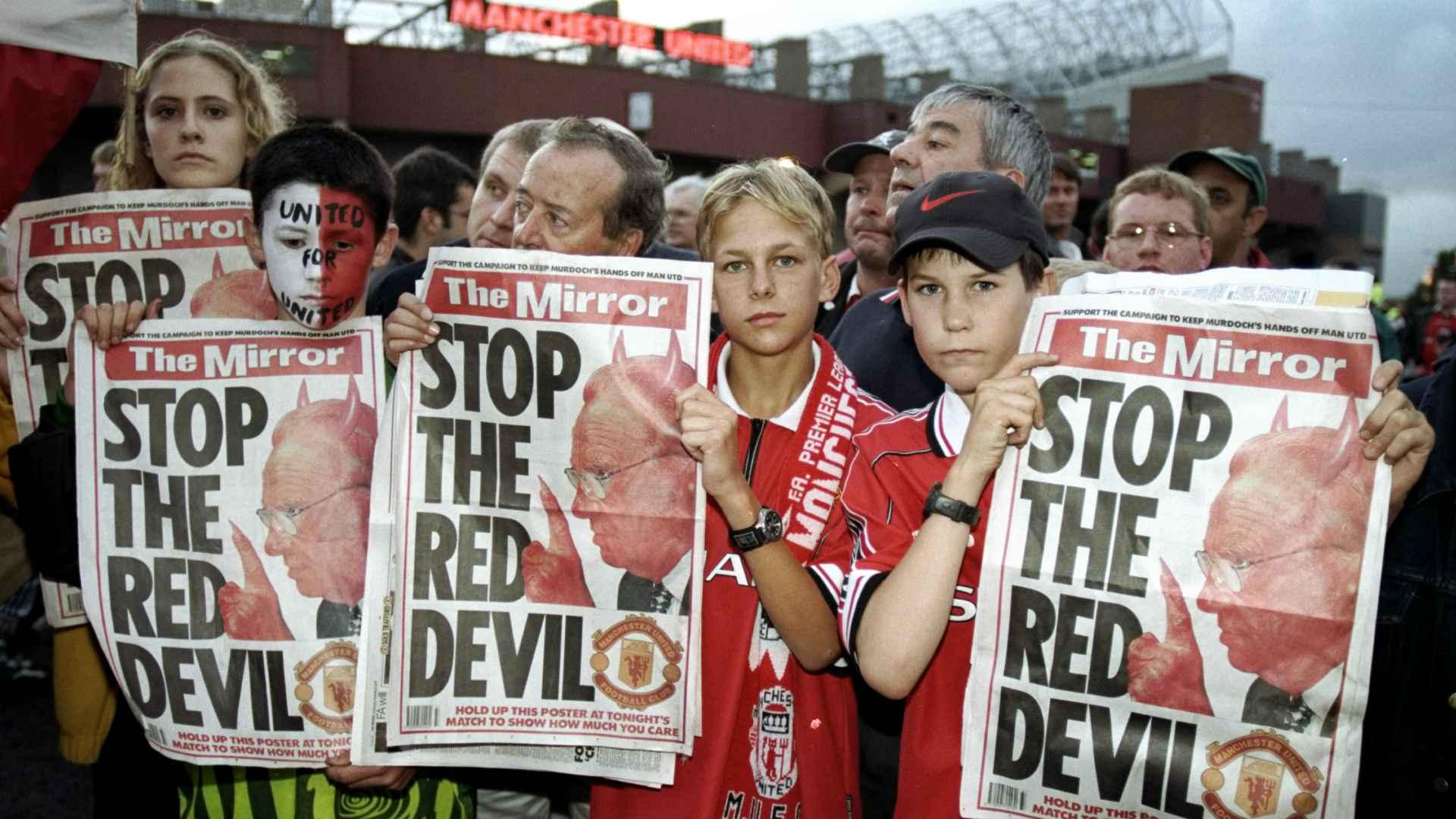
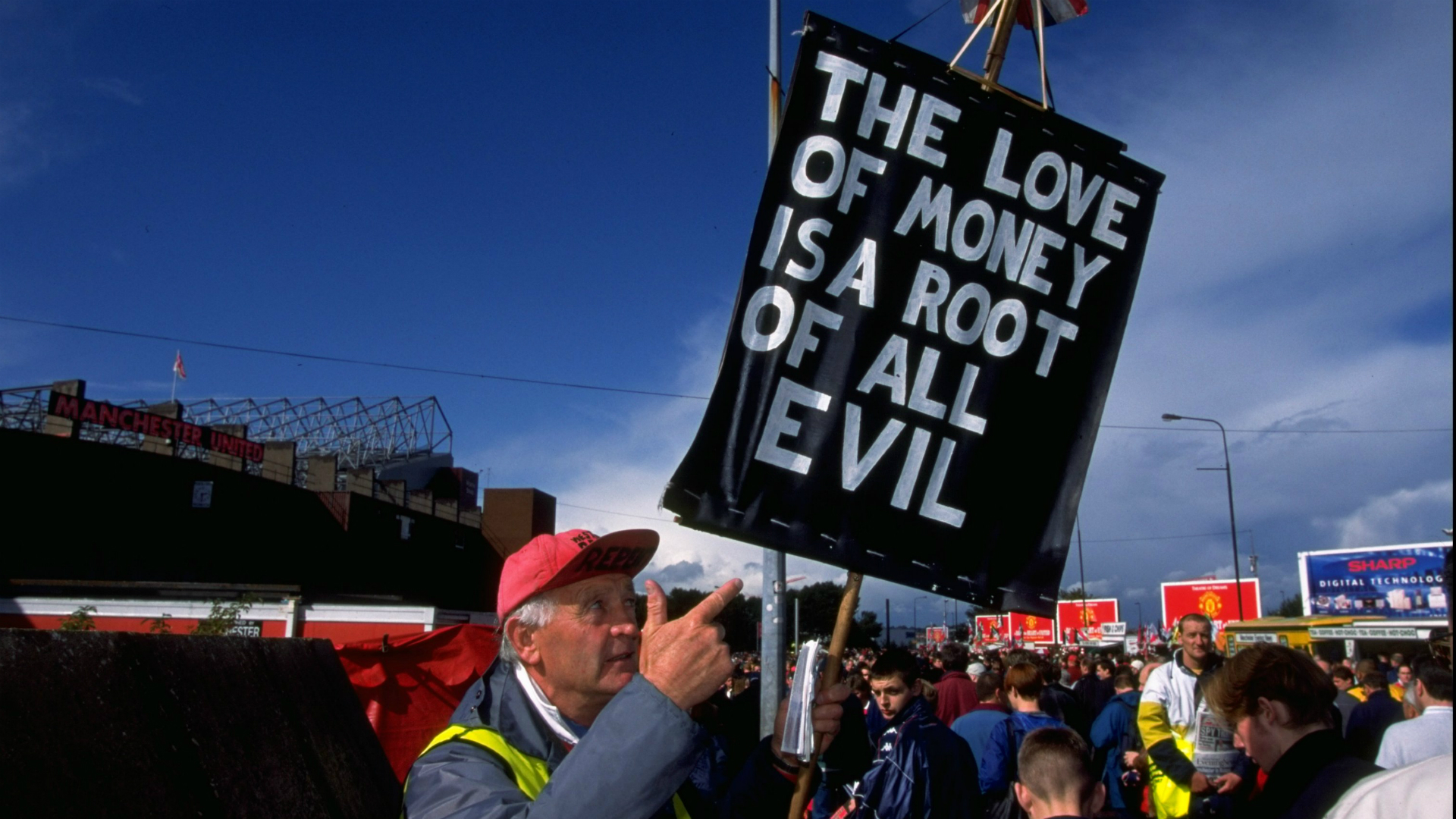
In April 1999, there came the news that the Monopolies and Mergers Commission had effectively blocked the deal in reporting back to the Labour Government – which until then had seen Murdoch as a key ally – that BSkyB had not supplied adequate assurances regarding its motivations.
That, of course, would not be the last we would hear of foreign ownership, either in the Premier League or at Manchester United.
Having spent two years gradually building up their shares in the Red Devils, it was on May 12, 2005 that the Glazers gained a controlling stake of 57 per cent in United and within seven weeks they had acquired the 98% necessary to force compulsory sales on the remaining minority shareholders and complete their takeover of the club.
The partial funding of the deal by loans which were secured against the club’s assets meant that the Glazers, just like the BSkyB group before them, became public enemy number one at a stroke. The ‘Love United Hate Glazer’ movement began there and then, while some disgruntled supporters even broke away to form FC United of Manchester in non-league football.
Thirteen years on, and the club is seemingly approaching a crossroads. While on the field United have gone five seasons without a concerted title challenge, Woodward has delighted the Glazers with his exploits on a commercial level. From 10 sponsors in 2013, the club now has around 80 just five years after Woodward became the main decision-maker at Old Trafford.
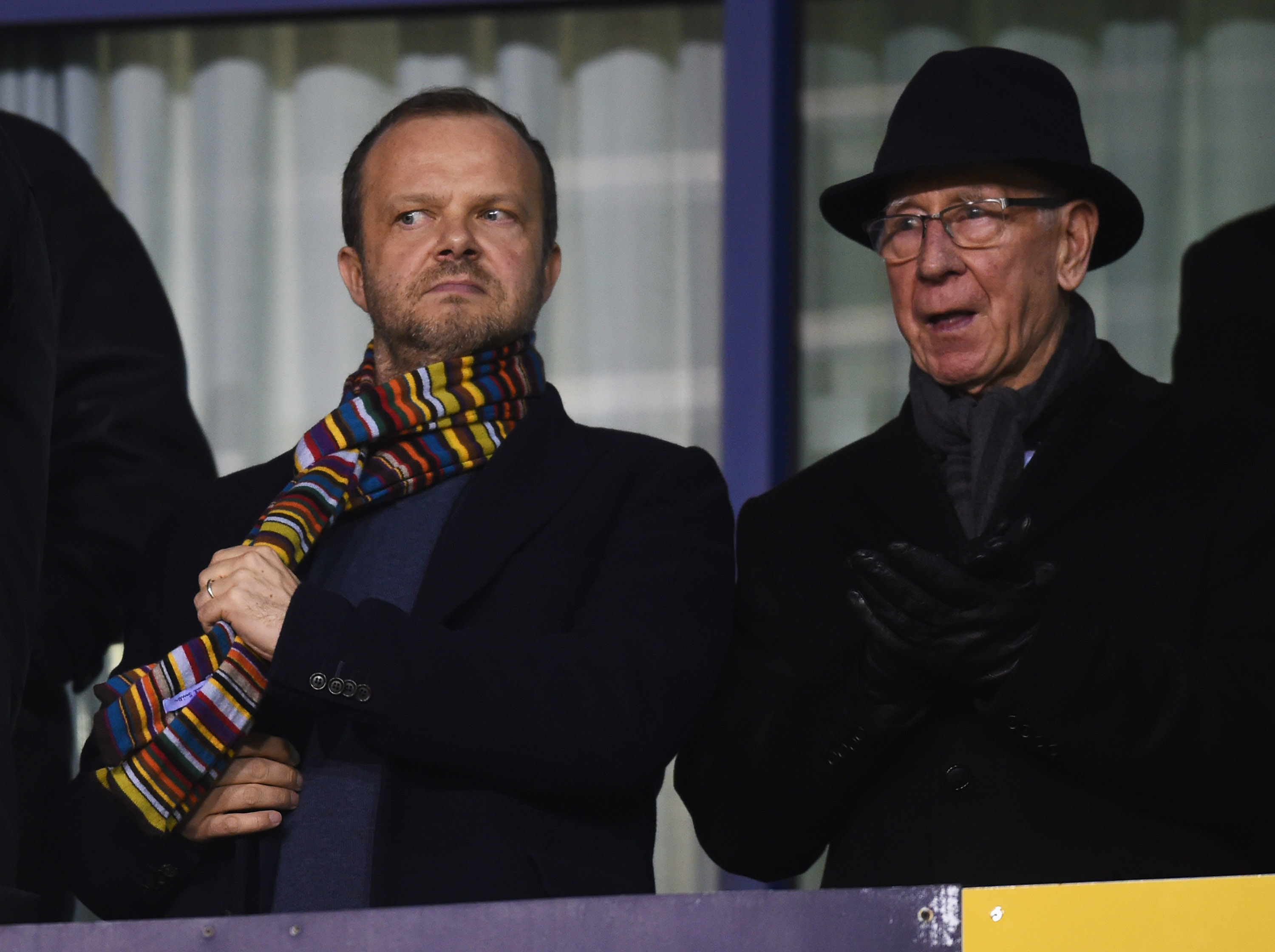
But that has done nothing to appease fans, as underlined by the sight of the banner being flown over Turf Moor on Sunday. So, 20 years on from fighting the good fight which would see the BSkyB deal blocked, are United in any better a position now than they might have been had Murdoch got his way in 1998?
“Despite what Murdoch’s propaganda sheets such as the Sun claimed at the time, there were never any plans for Sky to buy up all the game’s stars for United,” explains O’Neill. “Murdoch even admitted as much after the buyout had been officially blocked – it was all about Sky gaining a seat on the other side of the negotiating table when it came to bidding for Premier League TV rights.
“Given that, there’s nothing to say that the club would be any better off, even in light of the fact that the Glazers subsequently bought the club. I’ve often heard people comment ‘I bet they wish they’d welcomed Murdoch now’ in the years since 2005, but you can only fight the battle that’s in front of you at the time, and the groups of United fans who saw off Murdoch helped ensure the club was free from his ilk for another seven years.
“If the support didn’t ultimately take that opportunity to ensure the club couldn’t be bought – shares went down to £1 each at one point, valuing the club at one-third of the eventual price the Glazers paid – then so be it. There’s nothing to say that Sky wouldn’t have sold it to a buyer like the Glazers after a few years anyway.”
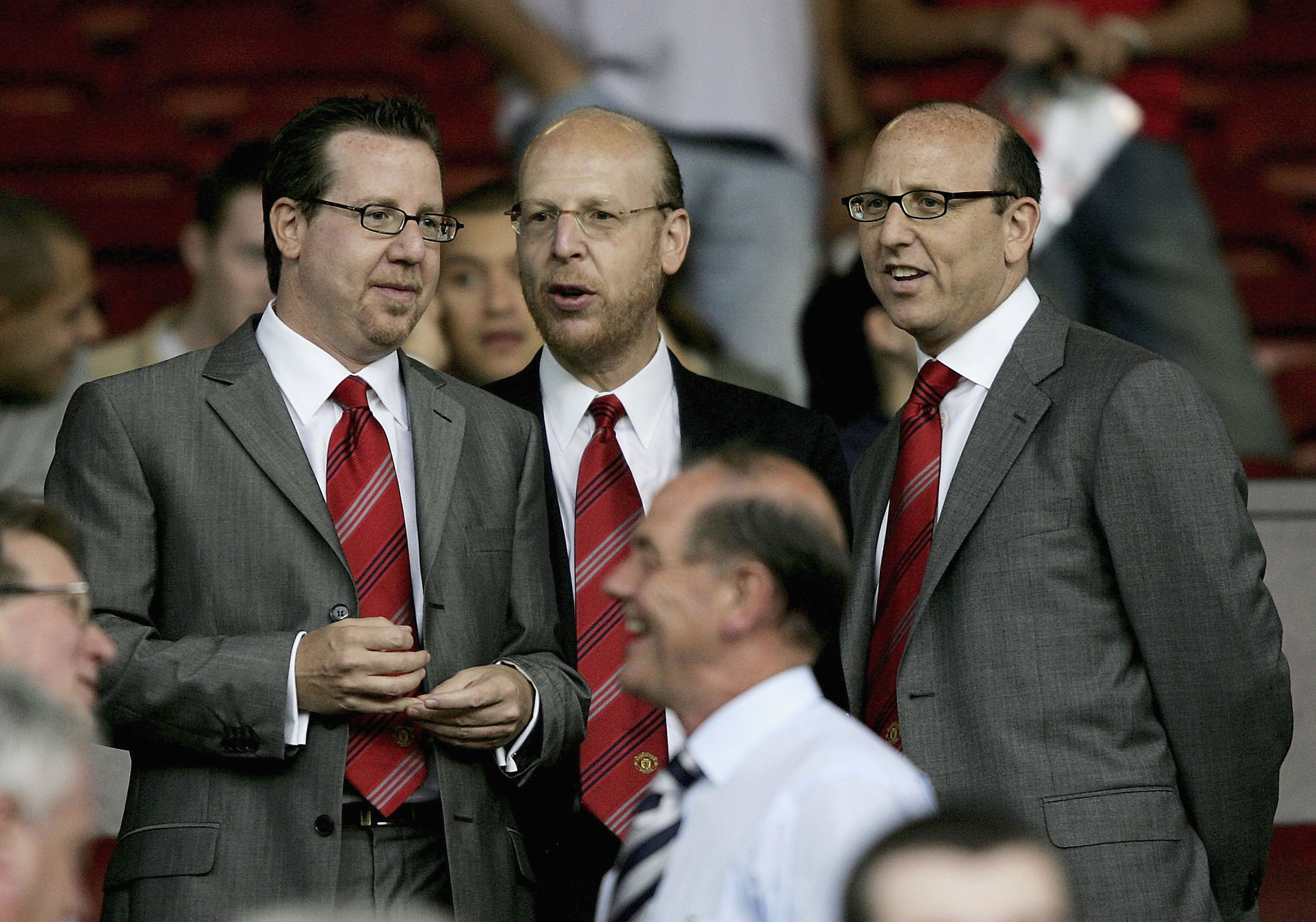
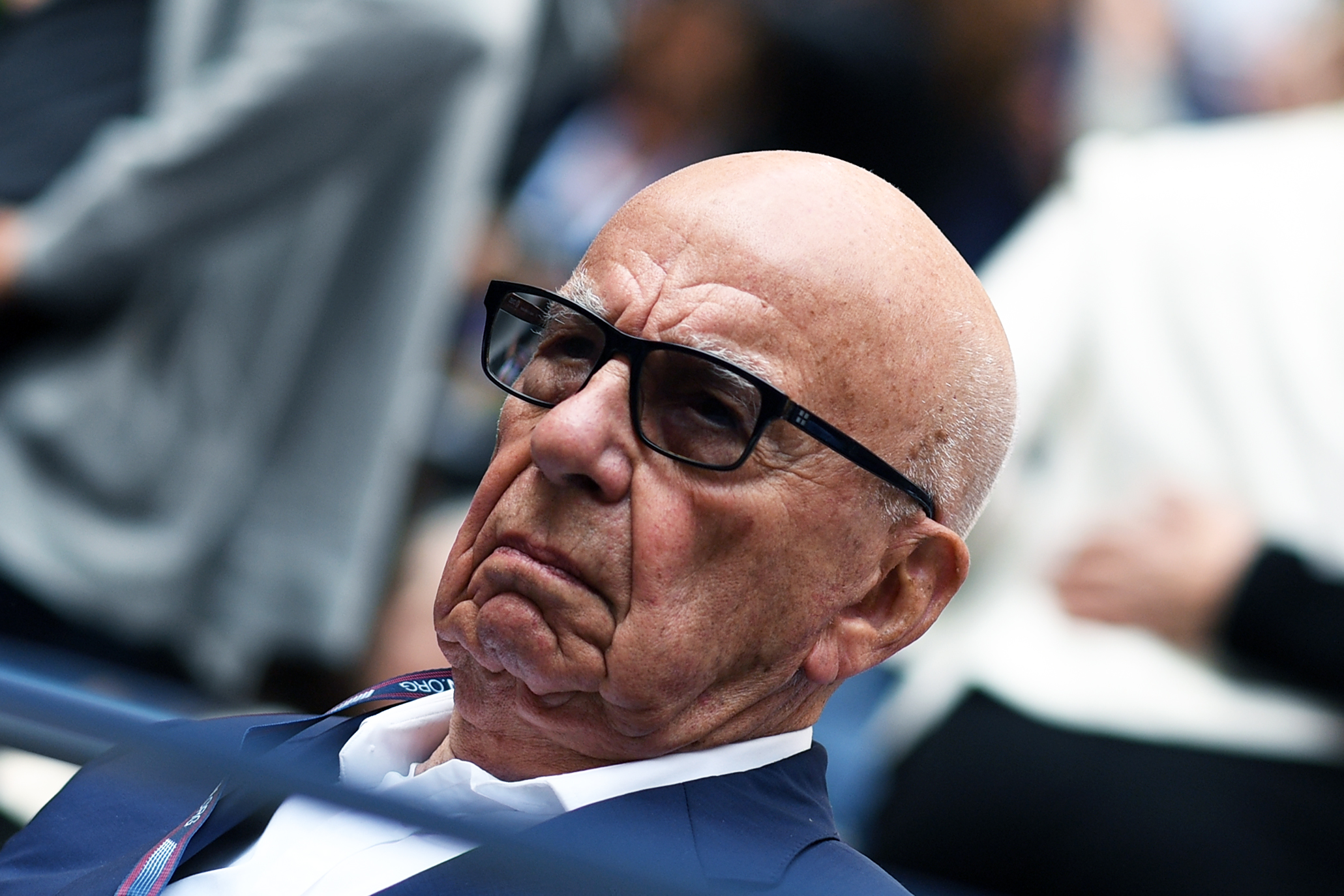
While the Murdoch episode was one of a number that didn’t go through – Edwards had previously rejected a 1984 bid by another media magnate, Robert Maxwell, and attempted to sell to the maverick Michael Knighton in 1989 – it was inevitable that United would eventually be sold, particularly after the likes of Chelsea and Aston Villa had been bought up by foreign powers in the early 21st century.
But it was 20 years ago today that it became clear football was moving away from its fans. The vast sums of money being pumped into the Premier League had become increasingly attractive to parties beyond those with football in their veins, and the BSkyB bid would be the first of many which would eventually alter the landscape.
“Back in the ‘90s and beyond fans were paying a fraction of the money they are today to be treated like sh*t, and getting a far greater, more communal matchday experience for their cash,” adds O’Neill. “And back then fans could at least abuse Martin Edwards and the like in person.
“Nowadays the Florida-based Glazers don’t hear any dissent, nor care about any, even if there was to be any, which there very rarely is.”
These days, Manchester United and its supporters share something of an uneasy alliance rather than a harmonious relationship. That was perhaps always destined to be the case. But things may have looked very different indeed had the bombshell Sky approach of 20 years ago been successful.

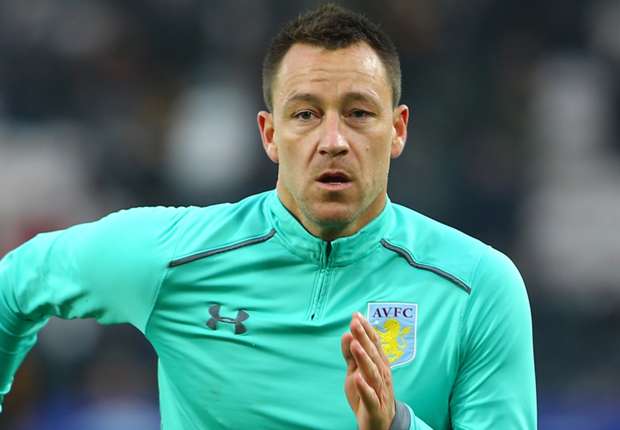

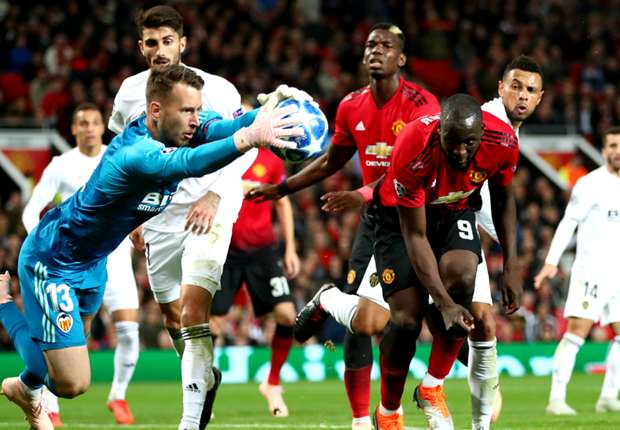
Comments
Post a Comment